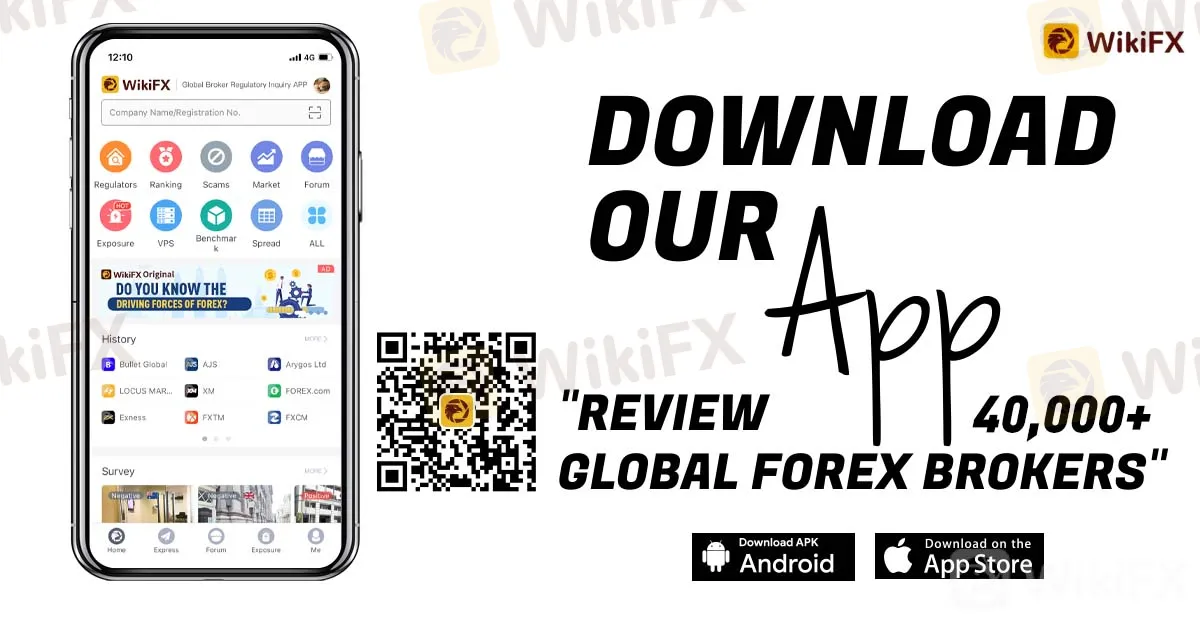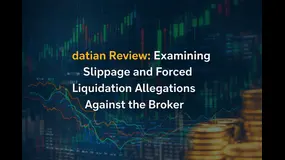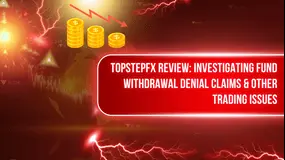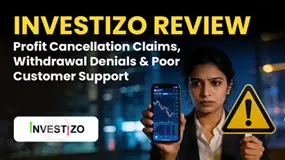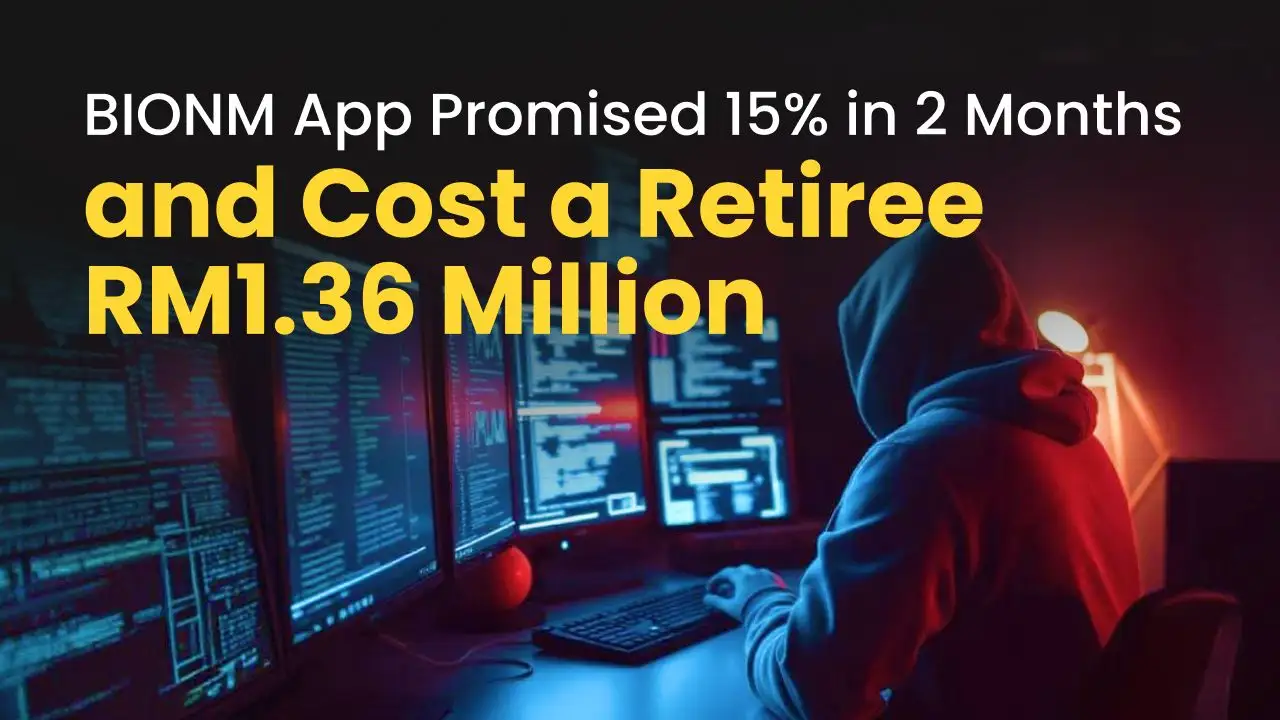Abstract:The foreign exchange (forex) market is the world's largest and most liquid financial market. With a daily trading volume of over $5 trillion, it offers ample opportunities for investors to profit from currency movements. However, this also makes it an attractive target for scammers who prey on unsuspecting traders. In this article, we'll explore some of the biggest forex trading scams in European markets and how to avoid them.
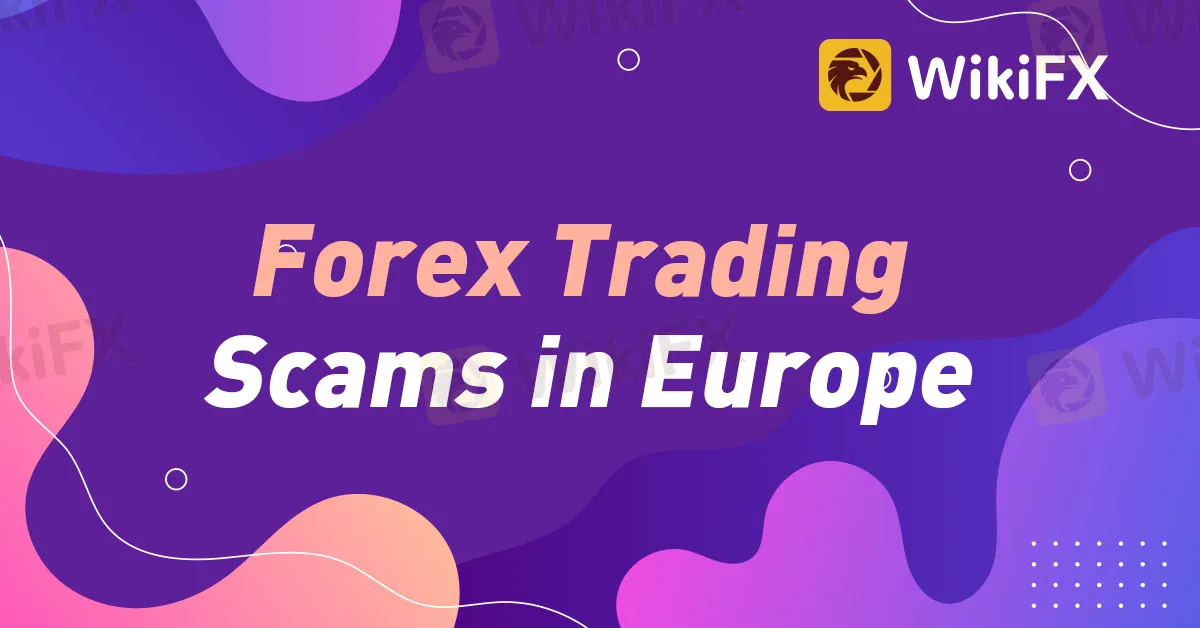
The foreign exchange (forex) market is the world's largest and most liquid financial market. With a daily trading volume of over $5 trillion, it offers ample opportunities for investors to profit from currency movements. However, this also makes it an attractive target for scammers who prey on unsuspecting traders. In this article, we'll explore some of the biggest forex trading scams in European markets and how to avoid them.
Ponzi schemes
Ponzi schemes are investment scams that promise high returns with little or no risk. They rely on new investors to pay returns to earlier investors, and eventually collapse when there are no more new investors. Forex Ponzi schemes typically target individuals with little knowledge of the market and promise guaranteed returns in a short period. The most infamous forex Ponzi scheme in Europe was the FX World Express scheme, which defrauded investors of over $100 million.
Signal sellers
Signal sellers are individuals or companies that offer to sell trading signals or strategies that promise to make investors profitable. They may use fake testimonials, backtested results, and manipulated performance data to convince traders to buy their services. However, most signal sellers don't actually trade in the markets themselves and rely on commissions from their sales. This makes it difficult to verify their claims and often results in traders losing money.
Fake brokers
Fake brokers are unregulated or fraudulent brokers that deceive traders into depositing funds with them. They often use fake registration details, offer unrealistic bonuses or leverage, and manipulate trading conditions to make it impossible for traders to make a profit. Once traders deposit funds, fake brokers will either stop responding to their inquiries or refuse to return their funds. The most notorious fake broker in Europe was the Israeli-based 4XP, which was shut down by regulators in 2013.
Forex robots
Forex robots are automated trading systems that promise to make traders profitable with little or no effort. They rely on algorithms and mathematical models to identify trading opportunities and execute trades. However, most forex robots are scams that use fake testimonials and manipulated performance data to lure investors. They also often require traders to deposit funds with a specific broker, which may be affiliated with the robot's creators.
To protect yourself from forex scams, it's essential to do your due diligence before investing in any trading opportunity. Always check if the broker is regulated by a reputable authority, such as the Financial Conduct Authority (FCA) in the UK or the European Securities and Markets Authority (ESMA). You can also use online resources, such as WikiFX, to check if the broker has a history of scamming investors.
WikiFX is a leading forex broker review platform that provides comprehensive information about forex brokers around the world. It uses a proprietary rating system to evaluate brokers based on their regulation, trading conditions, and reputation. It also has a blacklist of brokers that have a history of scamming investors. You can visit their website at https://www.wikifx.com/eu_en/ to find out more about how they can help you avoid forex scams.
In conclusion, forex trading scams are a real threat to investors in European markets. They can come in various forms, from Ponzi schemes to fake brokers and robots. To protect yourself, it's crucial to do your research and only invest with reputable brokers that are regulated by reputable authorities. By using resources such as WikiFX, you can minimize your risk of falling victim to forex scams and increase your chances of profiting from the forex market.
